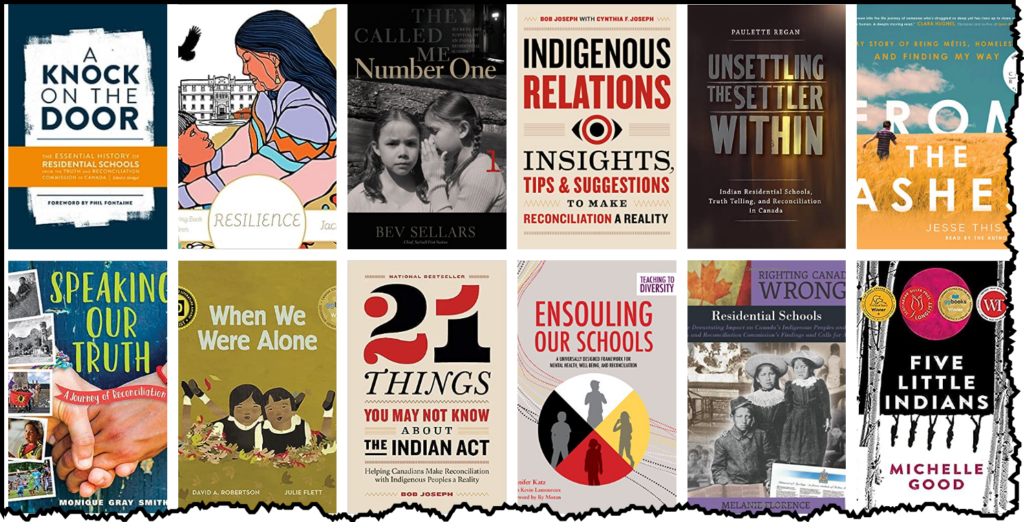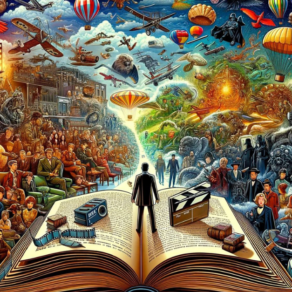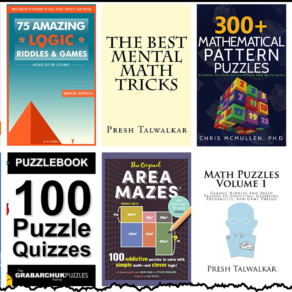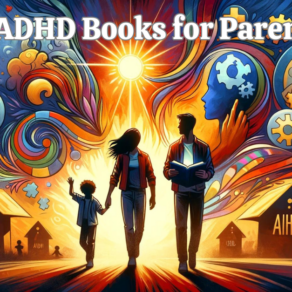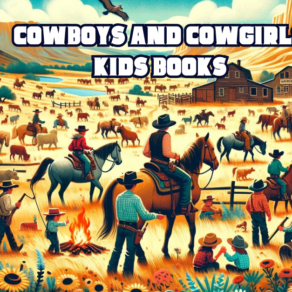Books on Residential Schools is the topic of our blog post today!
As a Canadian citizen and an educator deeply committed to understanding and reflecting on our nation’s history, I find myself grappling with a complex mix of emotions when it comes to the dark period of residential schools in Canada. The recognition of this deeply flawed system, which sought to erase the culture and identity of Indigenous Peoples, leaves me feeling a profound sense of shame.
It’s a chapter of our history that must be examined and understood, not merely as a historical footnote but as a continuous lesson that shapes our collective conscience. In the following recommendations, I explore books that delve into the intricacies of this painful subject, offering insights into the residential school system’s legacy and its lasting impact on generations of Indigenous communities. These works are essential for anyone seeking to comprehend the depth of this national tragedy and our ongoing journey towards reconciliation and healing.
For younger minds, I invite you to check residential books for kids collection.
Books on Residential Schools
Here are some very good books on residential schools to add to your reading list:
1. Resilience: Honouring the Children of Residential Schools, by Geraldine Shingoose
This colouring book, beautifully illustrated by Anishnaabe artist Jackie Traverse, serves as both a creative and educational tool. Jackie’s artwork pays tribute to the resilience of Indigenous Peoples who survived Canada’s child-stealing systems, including residential schools and the Sixties Scoop.
Through art, the book honours the journey of rebuilding communities and lives, and it seeks to inspire a sense of empathy and connection.
2. A Knock on the Door, by Truth and Reconciliation Commission of Canada
The TRC’s book “A Knock on the Door” gives an unflinching look into the history of residential schools in Canada. Compiled through extensive research, survivor statements, and millions of historical documents, this work is both enlightening and heart-wrenching.
Its title alludes to the terrifying moment that marked the beginning of a long, painful journey for many Indigenous children. This book is an essential resource for understanding the scope and impact of this dark chapter in Canadian history.
3. They Called Me Number One, by Bev Sellars
In her candid memoir, Bev Sellars sheds light on the painful reality of residential schools, drawing from her personal experiences. By sharing the often traumatic daily life within these institutions, Sellars exposes a system that sought to erase Indigenous identity and culture.
The practice of replacing names with numbers serves as a potent symbol of the dehumanization that occurred within these schools. This book contributes not only to our understanding of history but also to the ongoing process of healing and reconciliation.
4. Indigenous Relations: Insights, Tips & Suggestions to Make Reconciliation a Reality, Bob Joseph
Bob Joseph’s “Indigenous Relations” is a practical guide to fostering respectful and effective interactions with Indigenous Peoples. In my years as an educator, understanding cultural differences has been key, and this book presents an invaluable resource.
By breaking down complex topics such as Aboriginal Rights, Title, treaties, and the Indian Act, Joseph demystifies misconceptions and provides actionable insights. Whether for personal growth or professional development, this book is essential for anyone wishing to engage in meaningful reconciliation.
5. Unsettling the Settler Within, by Paulette Regan
“Unsettling the Settler Within” challenges non-Aboriginal Canadians to embark on a journey of decolonization, crucial for true reconciliation. Paulette Regan makes a compelling argument that it’s not enough for settlers to simply empathize with the experiences of Indigenous Peoples.
They must also confront and relinquish the myths that paint them solely as peacemakers, acknowledging their role in perpetuating harm. This call to action demands deep self-reflection and a commitment to a new path that values Indigenous experiences. In the context of teaching, understanding this concept can lead to more inclusive and authentic relationships with Indigenous students and communities.
6. From the Ashes: My Story of Being Métis, Homeless, and Finding My Way, by Jesse Thistle
Jesse Thistle’s memoir, “From the Ashes,” is a stirring testament to resilience and redemption. His raw and honest account of abandonment, addiction, homelessness, and eventual recovery provides a deeply humanizing view of the struggles faced by many Indigenous individuals.
Thistle’s perseverance, education, and reconnection to his Indigenous culture make this book an inspiring and enlightening read. His journey underscores the importance of empathy, support, and love in the face of adversity. A powerful illustration of personal triumph over the relentless grip of societal prejudice and personal despair.
Related: Best Books on the Holocaust
7. Speaking Our Truth: A Journey of Reconciliation, by Monique Gray Smith
Guided by Monique Gray Smith, “Speaking Our Truth” is an exploration into the harsh realities of Canada’s relationship with Indigenous Peoples. It educates readers on the history, legacy, and ongoing impacts of the residential school system.
The book is praised for its balanced presentation, providing historical context without overwhelming or trivializing the subject matter.
It encourages readers to become agents of change, offering specific actions to foster reconciliation. I can relate to its message as it resonates with the way I like to help educators and parents understand complex subjects, emphasizing that they have the power to make a difference.
8. When We Were Alone, by David A. Robertson
This children’s book captures the curiosity of a young girl about her grandmother’s life, leading to revelations about her time in a residential school.
The story, also available in Swampy Cree, gently uncovers the harsh realities faced by Indigenous children, framed in a way that’s accessible to young readers. The free teacher guide on the Portage & Main Press website will be a great resource for parents and educators to help children grasp this important history. It’s a story that bridges generations and encourages meaningful conversations about family, culture, and resilience.
9. 21 Things You May Not Know About the Indian Act, by Bob Joseph
Bob Joseph’s book on the Indian Act is a must-read for anyone looking to understand the complexity of Indigenous governance and rights in Canada. Since 1876, this piece of legislation has shaped the lives of Indigenous Peoples, fostering stereotypes and hindering self-determination.
The book’s critical examination serves as a guide towards true reconciliation, challenging misconceptions and encouraging a more inclusive and equitable future for all Canadians. I see this as a crucial resource for teachers, educators, and policymakers seeking to integrate Indigenous perspectives into their work.
10. Ensouling Our Schools, by Jennifer Katz
“Ensouling Our Schools” by Jennifer Katz (with Kevin Lamoureux’s insights on Indigenous approaches) is a refreshing take on education, focusing on nurturing mental, spiritual, and emotional health.
This holistic approach aligns with the TRC Calls to Action and emphasizes the importance of creating meaningful learning communities rather than stress-inducing environments. It’s a perspective I can connect with, as it embodies a vision for education that values the well-being and personal growth of every student.
11. Righting Canada’s Wrongs, by Melanie Florence
Melanie Florence’s comprehensive exploration of Canada’s residential school system is an invaluable resource for understanding this dark chapter in Canadian history. By using historical photographs, documents, and first-person narratives, the book paints a vivid picture of the injustices faced by First Nations, Inuit, and Metis children.
It doesn’t shy away from the harsh realities but presents them in an accessible manner. The book’s chronological journey, from the Gradual Civilization Act to the Indian Residential Schools Settlement Agreement, encapsulates the long battle for acknowledgment and reconciliation.
12.Five Little Indians, by Michelle Good
Michelle Good’s “Five Little Indians” offers a visceral, fictionalized account of the trauma endured by five children who are taken from their families and placed into a church-run residential school. After their release, they find themselves lost and struggling in Downtown Eastside Vancouver. Each character’s journey reveals distinct paths of coping, healing, or succumbing to the damage inflicted upon them.
What strikes me about this novel is its powerful storytelling, which brings the reader close to the lived experiences of the characters. Kenny’s endless running, Clara’s activism, Maisie’s self-endangerment, Lucy’s compulsive disorder, and Howie’s troubled reentry into society, all serve as metaphors for the different ways trauma manifests. It’s a poignant reminder of how these schools left lifelong scars, making it an essential read for educators, social workers, or anyone interested in understanding the human toll of this policy.
13. A National Crime: The Canadian Government and the Residential School System, by John S. Milloy
John S. Milloy’s “A National Crime” provides a meticulous historical analysis of the Canadian residential school system, using unreleased government documents to expose the tragic flaws and horrific consequences of this system.
Unlike fictional works, this book takes a straightforward, academic approach, detailing the bureaucratic mismanagement and persistent negligence that caused immense suffering to thousands of Aboriginal children.
As an educational researcher, I find Milloy’s work particularly compelling. His unflinching look at the system from its ideological roots to its transformation into a failing social welfare system is both enlightening and disturbing. It serves as a critical text for historians, educators, policymakers, and anyone interested in Canadian Indigenous affairs.
Final thoughts
In our shared quest for knowledge, understanding, and empathy, these books shed light on a chapter of Canadian history that should never be forgotten. They not only reveal the harsh realities and suffering endured by Indigenous Peoples but also provide a path towards healing, reconciliation, and a more inclusive future.
Speaking from my experience as an educator, I believe that embracing these narratives is crucial for fostering an educational environment that recognizes and values diverse perspectives. By taking the time to learn from these powerful stories, we can work together to ensure that the lessons of the past continue to resonate, influence our present actions, and guide us towards a future where every voice is heard and respected. It’s not just a responsibility; it’s a commitment to justice, understanding, and the shared values that define us as Canadians.



